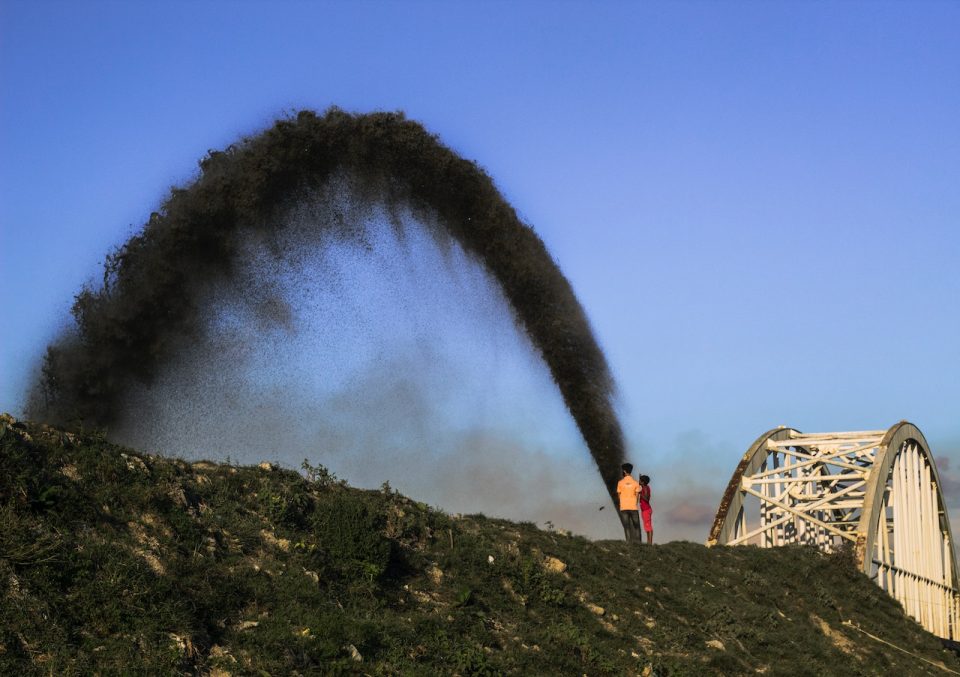Saudi Arabia has decided to extend its oil production cuts through September, a move that has further strained its relations with the United States. According to a statement from the Saudi Ministry of Energy reported by the state-run Saudi Press Agency, the country will continue limiting oil production by nearly one million barrels per day, keeping it below its quota for another month.
The voluntary supply restraint, which began in July alongside Russia’s 300,000 barrel per day cut, is aimed at bolstering oil prices amid concerns over slowing economic growth. However, this decision has not been well-received by U.S. officials who have been urging producers to increase output to lower fuel costs.
The situation has been a source of tension between the two countries for some time. In April, when OPEC+ initially announced plans to trim two million barrels daily, including one million fewer barrels from Riyadh, the White House expressed disapproval, deeming it an inadvisable move. While crude prices have since declined, pump prices in the U.S. have recently hit nine-month highs.
The continuation of the OPEC+ curbs is likely to be frustrating for Biden administration officials who are focused on taming inflation. Robert Yawger, the vice president of energy futures at Mizuho Securities, told CNN Business that both Russia and Saudi Arabia depend on high oil prices, which contradicts the U.S. effort to curb inflation.
The surge in U.S. gas prices has been a matter of concern for American consumers. The current average stands at $3.869 per gallon of gasoline, with last week’s average around $3.711 per gallon. This price hike is reminiscent of the situation in June 2022 when gas prices reached an all-time high average of $5.02 per gallon.
According to Yawger, the $4 per gallon mark is critical, as it may lead to demand destruction, negatively impacting the economy. Some analysts attribute the high gas prices in the U.S. to extreme heat and heatwaves.
Saudi Energy Minister Prince Abdulaziz bin Salman defended the voluntary cuts in oil production back in June 2023. He explained that the decision was a precautionary measure taken to ensure stability in the market. Abdulaziz emphasized the proactive and preemptive approach of OPEC in managing oil supply, acknowledging that uncertainties exist in the global market.
While the continuation of oil production cuts may help boost oil prices in the short term, it also adds to the complexities of the global economic landscape. The U.S. and other countries will be closely monitoring the situation and its potential implications on inflation and energy costs. As geopolitical dynamics continue to evolve, the balance between managing energy prices and economic stability remains a delicate challenge.

